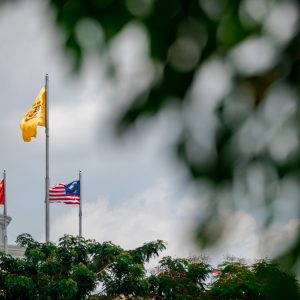Thousands of Iran energy workers to be sacked, replaced: official
Tehran, Iran (AFP):
Four thousand Iranian petrochemical workers on strike over pay and conditions in an energy-producing region of the country’s south will be sacked and replaced, state media reported.
The employees in Bushehr province have demanded salary increases and improved conditions for accommodation and transport, an official in charge of the Islamic republic’s oil and gas sector in the region was quoted Friday by state news agency IRNA.
“In eight petrochemical projects of this region, a number of seasonal workers went on strike due to livelihood problems, and after the end of the legal deadline, 4,000 of them will be replaced by new workers,” Sekhavat Assadi, CEO of the Pars Special Economic Energy Zone, said.
PSEEZ extracts oil and gas from the offshore South Pars field in the Gulf, the world’s largest known gas reserve which Iran shares with Qatar. About 40,000 people work at South Pars.
Assadi added that “all manufacturing companies are operating, and production is at full capacity”.
In 2022, Iran witnessed several waves of strikes by teachers and bus drivers who protested low wages and high living costs.
On Saturday Iran’s supreme leader Ayatollah Ali Khamenei, who has the final say in major state policies, said some labour protests have been helpful to the country.
“These protests are actually helping the government and the system and making them understand, and in these cases, wherever the responsible institutions such as the judiciary entered, they saw that the workers were right,” Khamenei said in a meeting with workers.
“Fortunately, in all the protest cases, the labour society… has not allowed ill-wishers to abuse the protests and the gatherings.”
In October, security forces made a number of arrests during a protest by workers over the failure to pay their wages in Asalouyeh, the port in Bushehr province where the South Pars complex is based.
Since 2018, Iran’s economy has been hit by US-led sanctions and spiralling inflation, along with record depreciation of its national currency, the rial, against the dollar, after Washington withdrew from a nuclear deal with Tehran.










